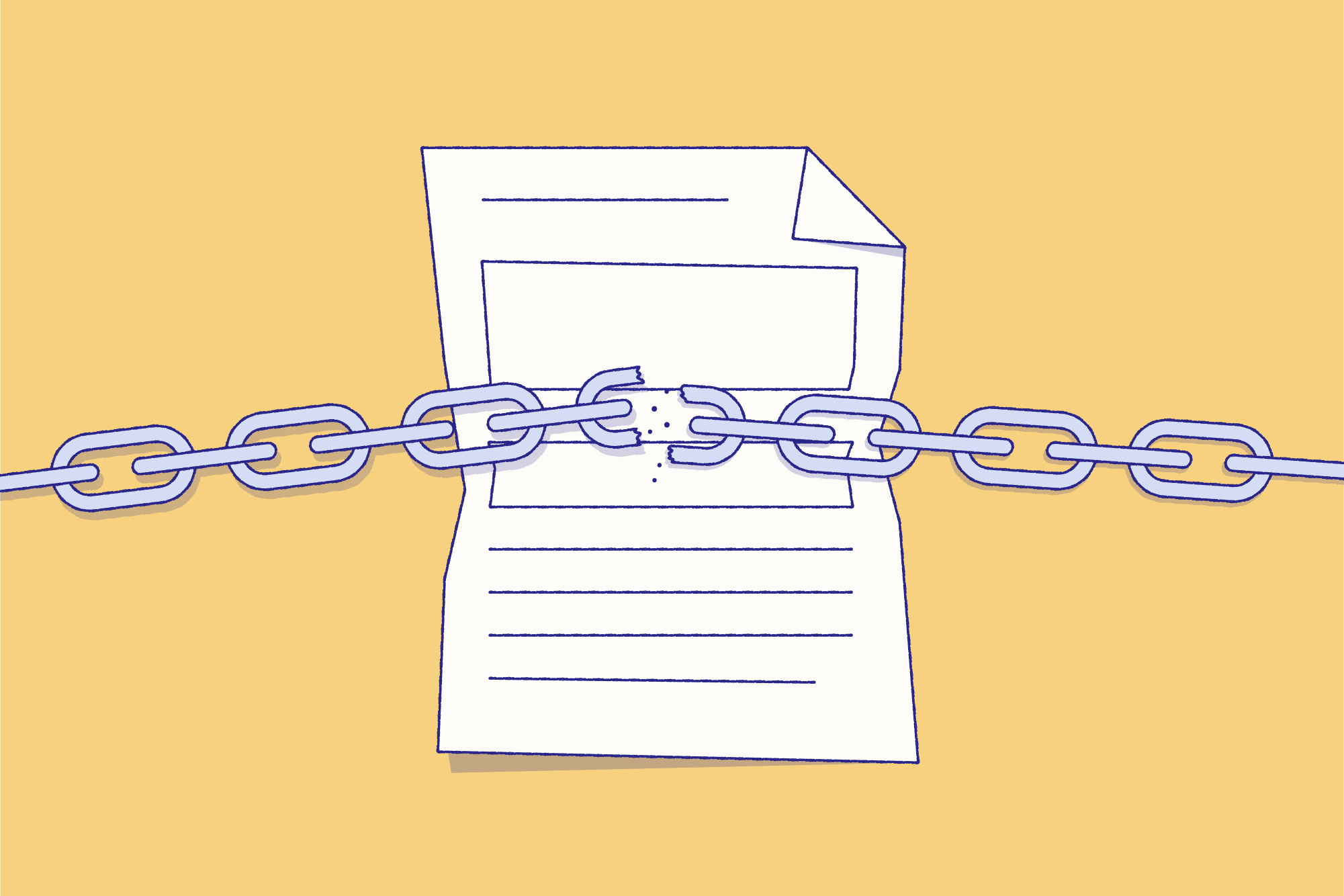Is Business Process Outsourcing (BPO) the right answer for your procurement needs?
Business Process Outsourcing (BPO) for procurement
Let me start with a quick story. My wife and I recently embarked on a project to replace wallpaper in our 2 story foyer with paint. We could have outsourced the entire project to a contractor or professional painting company, but during this pandemic, we thought it was certainly a project we could complete on our own. After all, I painted houses for three summers in college and painted most other rooms in our home, how difficult could removing wallpaper be?
After 3 or 4 weekends of beautiful weather in July with no progress on my side, my wife decided to outsource the wallpaper removal to our nephew to jumpstart our project. She spoke to a few people on how to best accomplish and bought the scrapers and spray solution. Drew, our nephew, fine-tuned a painstaking and tedious project of covering a section in wallpaper removal liquid and scraping small pieces and occasionally getting lucky to get a larger section. In late August, Drew returned to college, leaving us a job less than half-complete.
How did Business Process Outsourcing (BPO) start?
Outsourcing of business processes has gained traction over the last 20-25 years. The origin of the BPO model was to “lift and shift” internally “badged” employees to an outsourcing company and essentially continue doing the same job, but do so more efficiently.
Who are the major BPO players?
Two of the major players in procurement outsourcing got started as General Electric spun off Genpact and British Airways sold the majority stake in WNS to a private equity firm. They each reached a stage where they were ready to start servicing companies outside of their parent company. Unlike my nephew, both had expertise in their disciplines before starting the outsourcing firms. Some of the more project-based consulting firms began to get involved in outsourcing and Accenture, another major player, strengthened their position in procurement outsourcing by acquiring Procurian in 2013.
How long are Business Process Outsourcing contracts for and what do they include?
Given the size and complexity of companies outsourcing entire teams in silos such as Finance and Accounting, Talent and HR, as well as Procurement, most large outsourcing contracts are for over 5 years and as long as 10-12 years in duration. Lately, many have included outcomes or incentives in the contracts. Incentives may include introducing technologies to drive better results and outcomes that perhaps were not considered during the original contracting process.
But let’s return back to the wallpaper removal project. After Drew returned to school, I put in a good 15-20 hours one weekend with my wife’s help using the technique he shared from his expertise and maybe got another 20% complete. My wife was questioning our decision not to outsource the project in its entirety. Stubbornly, I thought there had to be a better way and through research found the recommendation of using a Wallpaper Steamer. What a wonderful technology! For $49 dollars, I purchased one (rather than renting for $38/day) and completed the project the following weekend. With the right technology, the wallpaper came falling down as easily as a peel falls off a ripe banana.
Had our contract with Drew been based on outcomes and incentives, perhaps he would have come to the steamer technology much sooner. Perhaps he would have completed the wallpaper removal and saved me two weekends.
What should you consider when using a BPO?
MIT Sloan Management shares writes “As businesses increasingly look to outsourcing to provide competitive advantages, selecting a governance model that aligns with the unique characteristics of an outsourced process has become more important.” There are several governance models available and being able to customize them to the relative needs of your business processes and objectives will significantly improve the success of your BPO relationship.
As you consider outsourcing in procurement, be sure to question the technologies the firm will use and how they differentiate from others. Many will compete on price, but without the same processes and technologies, not all offerings are the same. You may prioritize the same benefits upfront, but through leading-edge technologies, one firm may provide unforeseen benefits down the road.
Technology v Business Process Outsourcing: Which should you choose?
What about scraping outsourcing all together and finding a technology solution to solve your needs instead? Should you choose technology over outsourcing to a BPO? The good news is there is not a right or wrong answer, but certainly do your homework with either and consider the technologies used when outsourcing.
Here are some questions to consider when evaluating a technology versus a BPO:
- What is the timeline to get the solution working and providing value?
- What will your investment be in both time, cost, and other resources?
- How flexible is the solution? Will it grow with you as your business grows?
- What benefits can the solution provide beyond your key criteria and what is the cost to realize those in the future?
- How easily does the solution integrate with your existing processes and systems?
If you are in need of a quick win, technologies (such as Fairmarkit) can help and you can always augment with BPO services over time.





